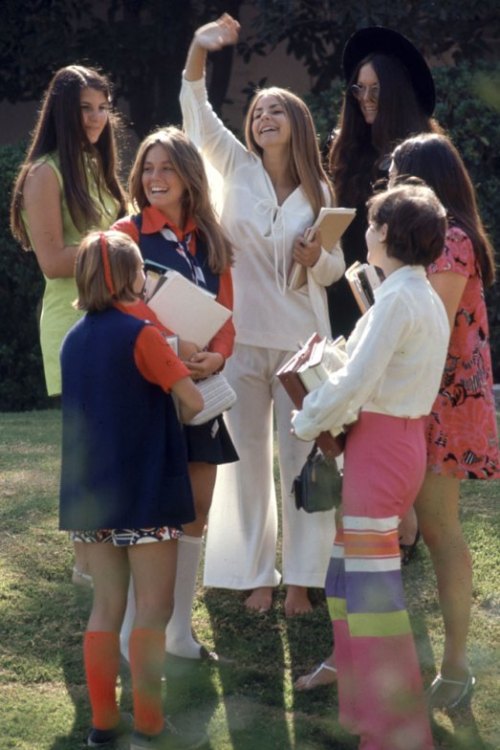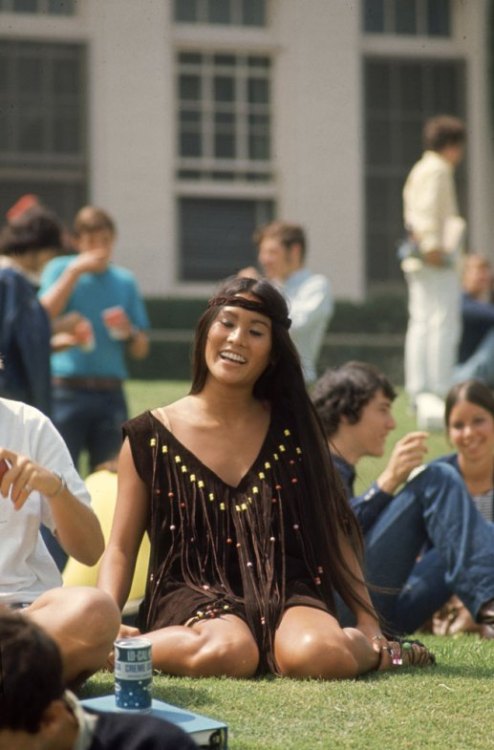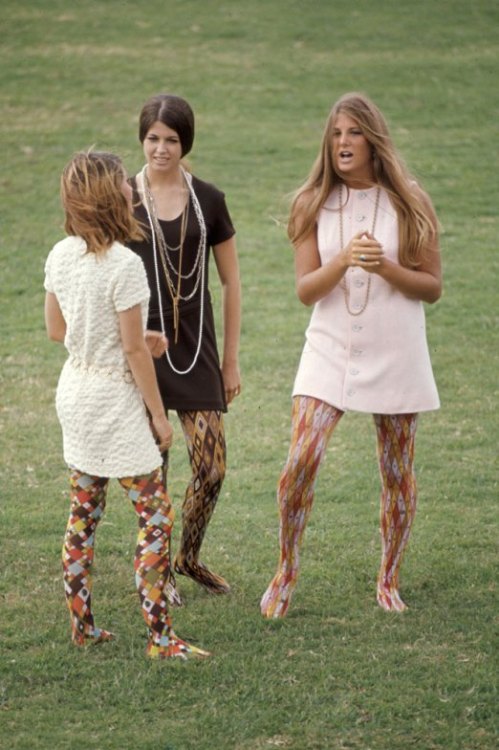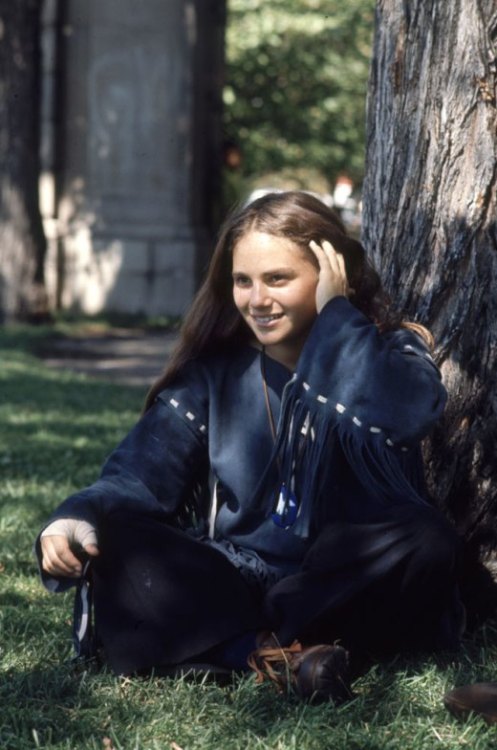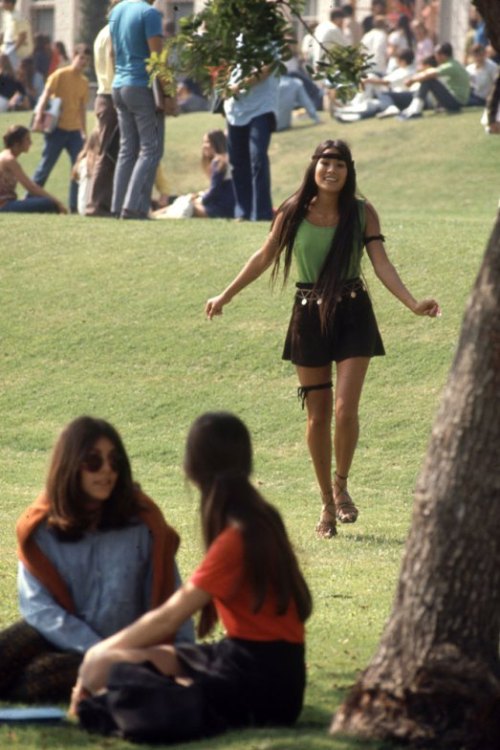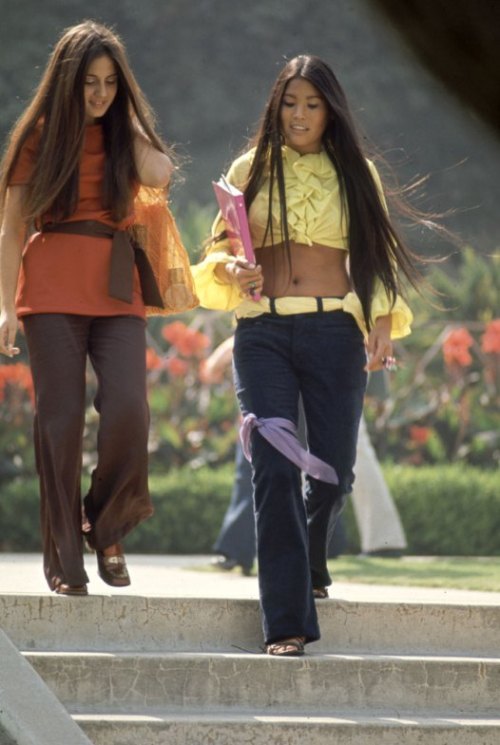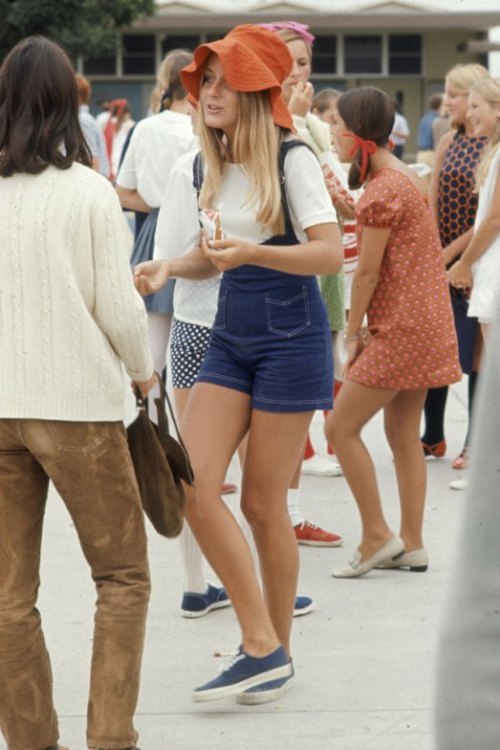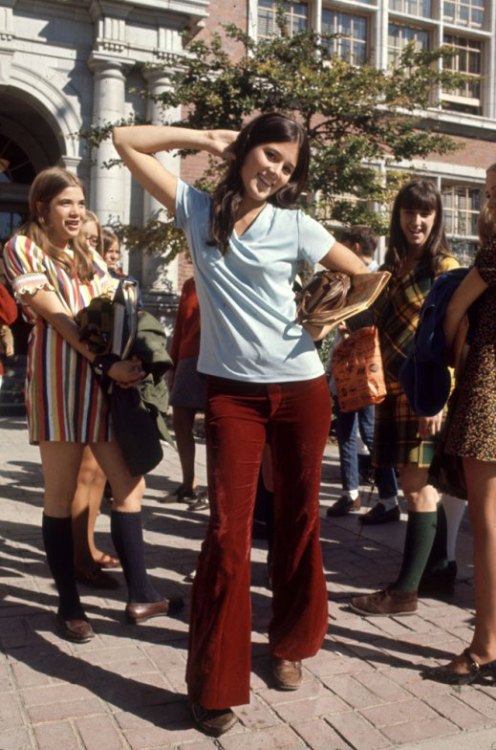karenhealey:pluckyredhead:dollsahoy:feralsshinycat:tikkunolamorgtfo:bzangy:geekyastrophysicist:allon
karenhealey:pluckyredhead:dollsahoy:feralsshinycat:tikkunolamorgtfo:bzangy:geekyastrophysicist:allonsy-allonswin:takingbackhorowitz:emmagrant01:knitmeapony:amelou:cool-glasses-kyle:markmejia:High School Fashion, 1969What a trip.Wow these photos are stunningSome of these outfits are the raddest things I’ve ever seen.Can we talk about the tights.The existence of photos like these (and similar photos from the 70s and 80s and so on) makes me wonder yet again why current-day movies set in this time never seem to be able to get the hair and clothing right.Okay, so the photo’s are really good, the outfits are on point, it’s very natural. but I’m going to call bullshit on that they are 1969 high school freshmen. For one they are all too beautiful to be high school freshman, of any era. And another the photography doesn’t look like photo’s from the 1960’s or 70’s, it’s much better. I’m no expert but, for the most part, i’m pretty sure black and what was still standard, and color photo’s didn’t look nearly this good unless they we’re taken by a professional camera, which I doubt many high school freshmen just had lying around.Even a professional camera in this era wasn’t this good. It would still be more grainy. Just going by the surrounds and people in the background who obviously aren’t intended to be in the photo along with the hair, this is some modern college kid’s pop culture project.I don’t know, considering I have owned a Leica M3 from 1959, and a few other cameras from that era, a Nikon F, a 1962 original Minolta Hi-Matic and others from that era , and have got awesome shots with those cameras which are all35mm cameras, I fucking rent a Hasselblad 500C/M, introduced in 1957 for paid jobs because with good reversal (slide) film you can get super sharp 120 megapixel shots for a fraction of the cost of renting a 40 or 50 megapixel medium format system like a H4D because the negative is 6 by 6 cm. Okay, going back to the photos, grainy film can be the result of a lot of factors, mainly people not exposing correctly, people over developing or “forcing” film so that you can shoot with less light, or the use of high speed film for low light, those are exterior shots in the sun, so it was probably not “fast” film, or pushed film, it would probably be Kodachrome or Kodacolor X. Kodachrome is a colour reversal film, or slide film, it means you get a positive right after processing and it is meant to be projected via optical means, it can be printed but the process is different, it usually has higher contrast and more saturated colours, and also a really FINE GRAIN, also Kodachrome was invented in 1935. This is Kodachrome in 1949, It doesn’t say the format, but considering its not blurry with all the moving objects it’s not a large format view camera (which have slow lenses and are not for action shots) It could be a 6 by 6 medium format but it’s not square, it probably is 35mm. I don’t think it’s Kodachrome because of the contrast and the saturation of the colours. Then Kodacolor X was invented in the 1950′s as a mean to make colour photography available for the general public, before that you could only get colour by using slide film which was much more expensive than B&W so it was used mainly by professional photographers. Kodacolor X is what is known as a Colour print film, it produces a negative, which is only viewable after printing it, and it’s way more cheaper than slides, but still even those “amateur” films can get pretty nice results for example: 1968, it’s square so probably is a Rolleiflex TLR or other 6 by 6 camera. so not really a fair comparison, then maybe this one: It’s 35mm because of the format, and you can see that the grain is more noticeable but not terrible, it looks like the pictures the OP posted. And Kodacolor X while not as cheap as B&W was pretty used by amateur photographers, and if it was a “special” occasion, I don’t know the last day before summer or something like that it is plausible the photographer used colour print film. Finally to conclude the pictures aren’t that great composition wise, sure they are not terrible, but they are not good, all the subjects are at the center, there is too much air in some subjects are cut, or from their backs, this totally makes sense as a photo club kid taking colour pictures of their friends because it was a special occasion, or just wanted to test the film. Hell I don’t know how many times I have gone to take pictures of empty streets and buildings just to test a camera/film combination, and now that’s the most expensive way of taking pictures. I’m with @geekyastrophysicist on this one: there is no compelling reason to think those pics are fakes / not from the era stated. The grain and lens quality look very late ‘60s to me, comparing them to slides my Dad took around that time. Judging from the bokeh (and assuming 35mm!), a lot of the shots are at around f/4 which isn’t super-huge-aperture for back then. To me, the colours look classic, creamy Kodachrome. They have that magic. There’s a reason Simon & Garfunkel wrote a song about it. I’m also slightly puzzled by the claims that modern digital tech is so much better than older tech. The truth is, digital imaging has been trying to equal film since the very first blocky images. We’ve had the megapixel race and now we’re in the dynamic bandwidth race. I took the below shot with a (then) very expensive digital camera and prime lens: But I was still trying to re-create the look of classic film photography, the warmth and colour gamut. Which is why a lot of photographers just simply cut out all the fuss and use film cameras with film when they want a film look. Neither digital nor film are ‘better,’ it’s a question of what best fits what you want to do. Friendly neighbourhood librarian here with a source! These photos were taken in 1969 for LIFE Magazine by professional photographer Arthur Schatz, many (but not all) at Beverly Hills High School in Southern California. Time Magazine ran a retrospective of the photo series a few years ago called Feelin’ Groovy: High School Fashion, 1969.The girl in the headband is named Rosemary Shoong, and she apparently made the outfit herself (that being said, it’s described here as a “leather Indian dress” by which they mean Native, and I’m not sure if she herself was part native or not, so it may or not be appropriated). A few of the other girls are named, but not all of them. My favourite image though, isn’t of one of the students, but rather of the teacher, Sandy Brockman: That outfit. That headband.ICONIC.Update: I found they actual article in Google Books; they are definitely real high school students! https://books.google.com/books?id=CVEEAAAAMBAJ&pg=PA40&lpg=PA40&dq=rosemary+shoong&source=bl&ots=fqIC__55CX&sig=JUrEammCB_SQwrGXL8rgULURaek&hl=en&sa=X&ved=0ahUKEwis0ILcyPLTAhVL6mMKHcc-CRsQ6AEISjAL#v=onepage&q=rosemary%20shoong&f=falseBless you, research librarian! Also, I would wear the fuck out of that ruffled yellow crop top!I’m also reblogging for the facts about the whole range of film and the cameras that used it, and glad that it was thoroughly addressed by someone else because my eyes were still rolling too hard from reading the idea that the image quality was entirely due to the cameras used and not the film in those cameras(every time I’ve reblogged this before was to point to the LIFE magazine source.)Rereblogging for the photos and also because I will never stop being annoyed at the “I have no idea what I’m talking about but I’m pretty sure there was no color photography in the 70s” comment. Which, by the way, starts with “I’m going to call bullshit that these are freshman” when no one ever said they were - the original caption is “high school fashion.”I knew they were real immediately, and not because of the film - because of the shoes. -- source link
Tumblr Blog : the-point-of-sanity.tumblr.com
